How to Protect Your Skin From Hard Water Damage
Understanding Hard Water
Hard water is a term that refers to water containing a high concentration of minerals like calcium and magnesium. These minerals accumulate as water flows through layers of limestone, chalk, or other mineral-rich rocks. While hard water isn’t harmful to your health, its effects can be frustrating—think soap that refuses to lather properly, stubborn spots on taps and shower doors, or even chalky scale deposits on your appliances.
The problem isn’t just limited to your household surfaces or plumbing. Hard water can also take a toll on your skin, leaving it feeling dry, irritated, and lackluster. This article explores how hard water impacts your skin and, more importantly, how to protect it from long-term damage.
Effects of Hard Water on Skin
Short-Term Impacts
If you’ve ever noticed your skin feeling tight or dry after a shower, hard water might be the culprit. The minerals in hard water bind with your skin’s natural oils, stripping away its moisture and leaving it vulnerable to dryness. This can lead to:
- Itching and Flaking: Without sufficient hydration, the skin’s surface becomes rough and flaky.
- Clogged Pores: Mineral residues can mix with sebum, creating blockages that result in breakouts or irritation.
- Irritated Skin Conditions: For those with pre-existing issues like eczema or psoriasis, hard water can worsen symptoms, triggering flare-ups and increasing discomfort.
Long-Term Impacts
Over time, the damage from hard water compounds, leading to more pronounced skin concerns:
- Accelerated Aging: The minerals in hard water can react with environmental pollutants, generating free radicals that degrade collagen. This process contributes to wrinkles, fine lines, and a loss of skin elasticity.
- Weakened Skin Barrier: Persistent dryness undermines your skin’s natural barrier function, making it harder to retain moisture and easier for irritants to penetrate, leaving skin prone to sensitivity and long-term damage.
Protecting Skin from Hard Water
Consistently following these steps can minimize the effects of hard water and keep your skin hydrated, smooth, and comfortable.
Daily Care Tips
Managing the impact of hard water starts with simple adjustments to your daily routine:
- Gentle Cleansers Are Key: Opt for soap-free or low-pH cleansers to prevent soap scum from forming on your skin and to maintain its natural barrier.
- Keep Showers Short: Limit shower time to avoid prolonged exposure to hard water, and always use lukewarm water—hot water exacerbates dryness.
- Pat, Don’t Rub: Gently pat your skin dry with a towel instead of rubbing, which can further irritate already sensitive or dry skin.
- Seal in Moisture: Apply a ceramide-rich moisturizer immediately after bathing. This locks in hydration and strengthens the skin’s barrier, helping it resist the drying effects of hard water.
Additional Measures
If you’re noticing persistent skin issues, consider these alternatives:
- Micellar Water for Cleansing: Swap your regular tap water cleansing routine with micellar water, which cleanses the skin without the need for rinsing.
- Fragrance-Free Products: Choose lotions and creams without added fragrance, as these are gentler on sensitive or dry skin types and help avoid further irritation.
Long-Term Solutions
Filtration Systems
For a more permanent fix to hard water problems, investing in filtration systems is key:
- Whole-Home Water Softener: A full-scale water softener system is an effective solution for removing calcium and magnesium from your water supply. It protects not just your skin, but also your hair, appliances, and plumbing.
- Showerhead Filters: For a more budget-friendly alternative, showerhead filters are a great option. They target hard water at the source, reducing mineral content and improving water quality for your skin and hair.
- Filtered Water Jugs: Portable and easy to use, these are perfect for rinsing your face or other specific needs, ensuring a mineral-free cleanse when tap water isn’t ideal.
Water Testing
Before investing in solutions, it’s helpful to confirm the extent of your water hardness:
- The Soap Test: This simple, at-home method involves mixing water with soap. If you notice fewer bubbles and a cloudy appearance, it’s a sign your water is high in minerals.
- Professional Testing: For precise results, consider having your water professionally tested to determine the hardness level and whether a softening system is worth the investment.
By addressing hard water at its source, you can reduce its long-term impact on your skin and enjoy the benefits of cleaner, softer water in your daily routine.
Protecting Hair from Hard Water
Hair Care Solutions
The minerals in hard water can leave your hair dull, brittle, and prone to buildup. Here’s how you can counteract those effects:
- Clarifying Shampoos: Use a clarifying or micellar shampoo once a week to break down and wash away the mineral deposits that can weigh your hair down.
- Hydrating Scalp Treatments: Rejuvenate your scalp with hydrating masks or toners. Look for nourishing ingredients like hyaluronic acid for deep hydration or tamanu oil for soothing and repairing.
- Limit Overwashing: Hard water strips your hair of its natural oils, so avoid excessive washing to maintain moisture and prevent further dryness.
Recommended Products
To enhance your hair care routine, consider these targeted products:
- Scalp Cleansers with Salicylic Acid: These help exfoliate the scalp, clearing buildup while maintaining a healthy environment for hair growth.
- Vitamin B5-Enriched Moisturizers: Panthenol (Vitamin B5) is excellent for adding moisture, improving elasticity, and combating the brittleness caused by mineral exposure.
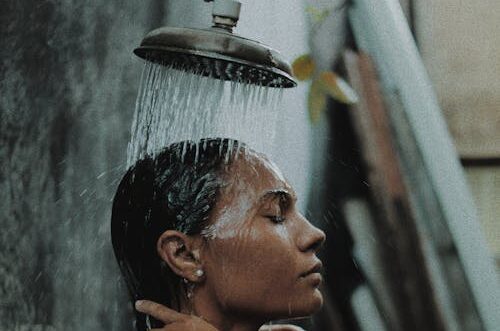
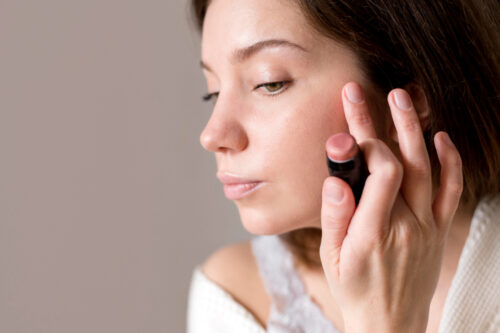
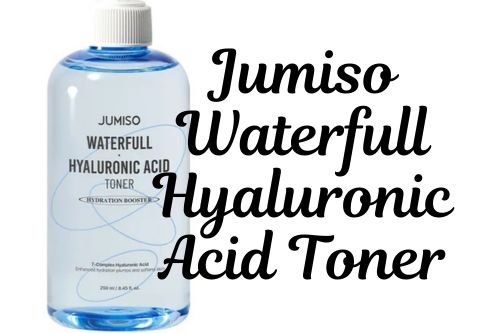
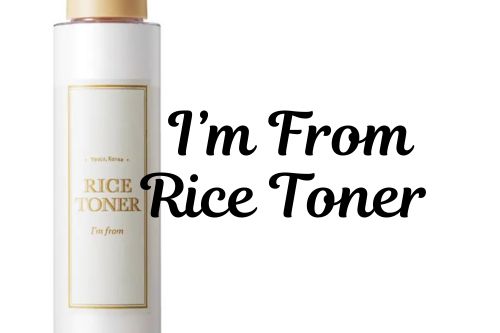
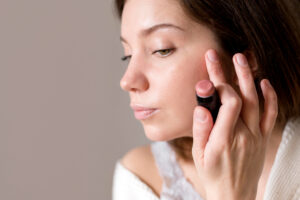
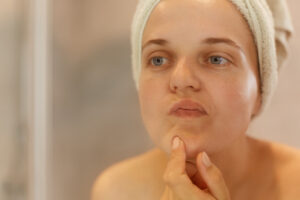
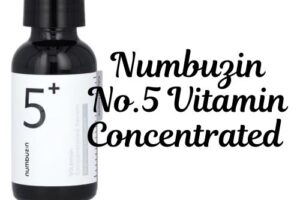
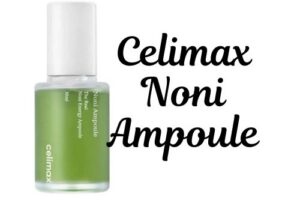
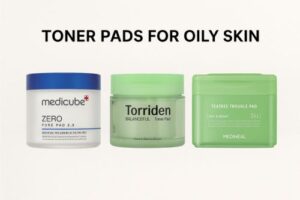

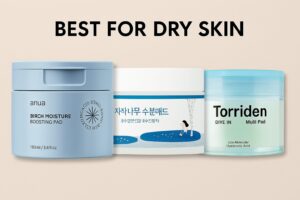


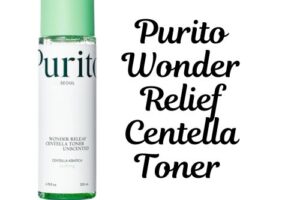
Post Comment